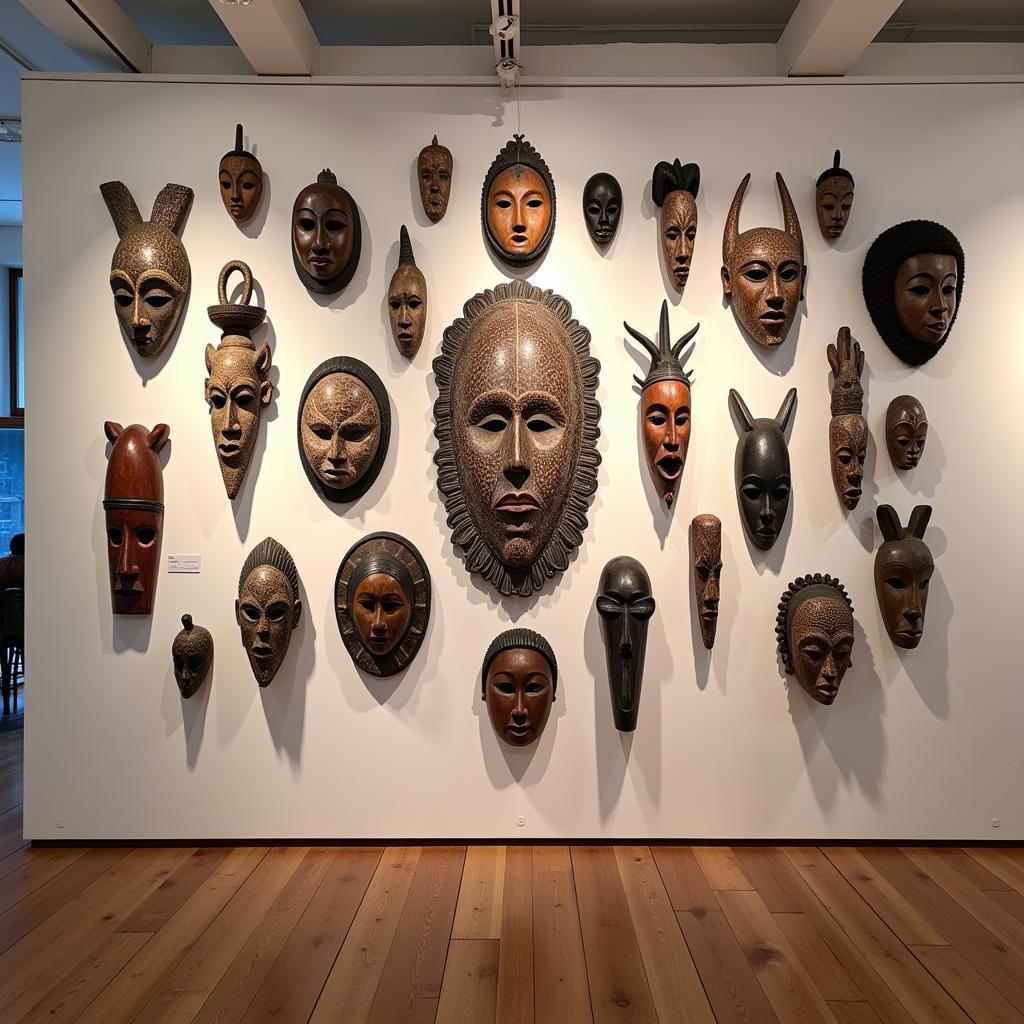African Americans Living in Poverty: A Complex Issue with Deep Roots
African Americans Living In Poverty represent a stark and persistent reality in the United States. Despite progress in certain areas, the socioeconomic disparities between Black and white Americans remain significant. This article delves into the multifaceted factors contributing to this issue, exploring historical context, systemic barriers, and the ongoing fight for economic justice.
A Legacy of Inequality: Tracing the Historical Roots
The poverty experienced by many African Americans today is deeply intertwined with the nation’s history of slavery, segregation, and discrimination. The systematic denial of opportunities for education, employment, and wealth accumulation has created a legacy of disadvantage that continues to impact generations.
From the era of Jim Crow laws to the practice of redlining, which denied Black families access to mortgages and housing opportunities, institutionalized racism has created barriers that have been difficult to dismantle.
Systemic Barriers: Navigating a System Not Built for Them
African Americans continue to face a range of systemic barriers that contribute to higher poverty rates. These include:
- Discrimination in the job market: Despite anti-discrimination laws, studies show that Black applicants often face bias in hiring, promotions, and pay.
- Unequal access to education: Historically underfunded schools in predominantly Black neighborhoods result in fewer resources and opportunities for students, perpetuating a cycle of poverty.
- Mass incarceration: The disproportionate incarceration of Black Americans, often for non-violent offenses, leads to economic hardship for individuals, families, and communities.
These barriers, often interconnected and mutually reinforcing, create a complex web that can be difficult to escape.
The Fight for Economic Justice: Breaking Down Barriers, Building Opportunities
Addressing poverty among African Americans requires a multi-pronged approach that tackles systemic issues and empowers communities.
- Investing in education: Providing quality education from early childhood through higher education is crucial for breaking the cycle of poverty.
- Promoting economic opportunities: Policies that support job creation, fair wages, and access to capital for Black entrepreneurs are essential for economic empowerment.
- Addressing criminal justice reform: Reducing mass incarceration and investing in re-entry programs can help individuals rebuild their lives and contribute to the economy.
Community Resilience: Stories of Strength and Perseverance
Despite these challenges, African American communities demonstrate remarkable resilience and a deep commitment to upliftment.
Grassroots organizations, community leaders, and individuals are working tirelessly to create opportunities, support families, and advocate for change. Their stories of strength and determination offer hope and inspiration for a more just and equitable future.
Conclusion: A Collective Responsibility to Create Lasting Change
The issue of African Americans living in poverty is a complex one, rooted in historical injustice and perpetuated by systemic barriers. However, by acknowledging this history, confronting present-day challenges, and working together to create equitable opportunities, we can strive for a future where all Americans have the chance to thrive.
FAQs about Poverty Among African Americans
- What is the poverty rate among African Americans?
The poverty rate among African Americans remains disproportionately high compared to other racial groups in the US. - How does access to healthcare impact poverty?
Lack of access to affordable healthcare can lead to medical debt and prevent individuals from working, contributing to the cycle of poverty. - What role does housing discrimination play?
Housing discrimination limits access to safe and affordable housing, perpetuating segregation and hindering economic mobility.
Need Support? We’re Here to Help!
For assistance and resources, please contact us:
- Phone: +255768904061
- Email: kaka.mag@gmail.com
- Address: Mbarali DC Mawindi, Kangaga, Tanzania
Our dedicated team is available 24/7 to provide support.


